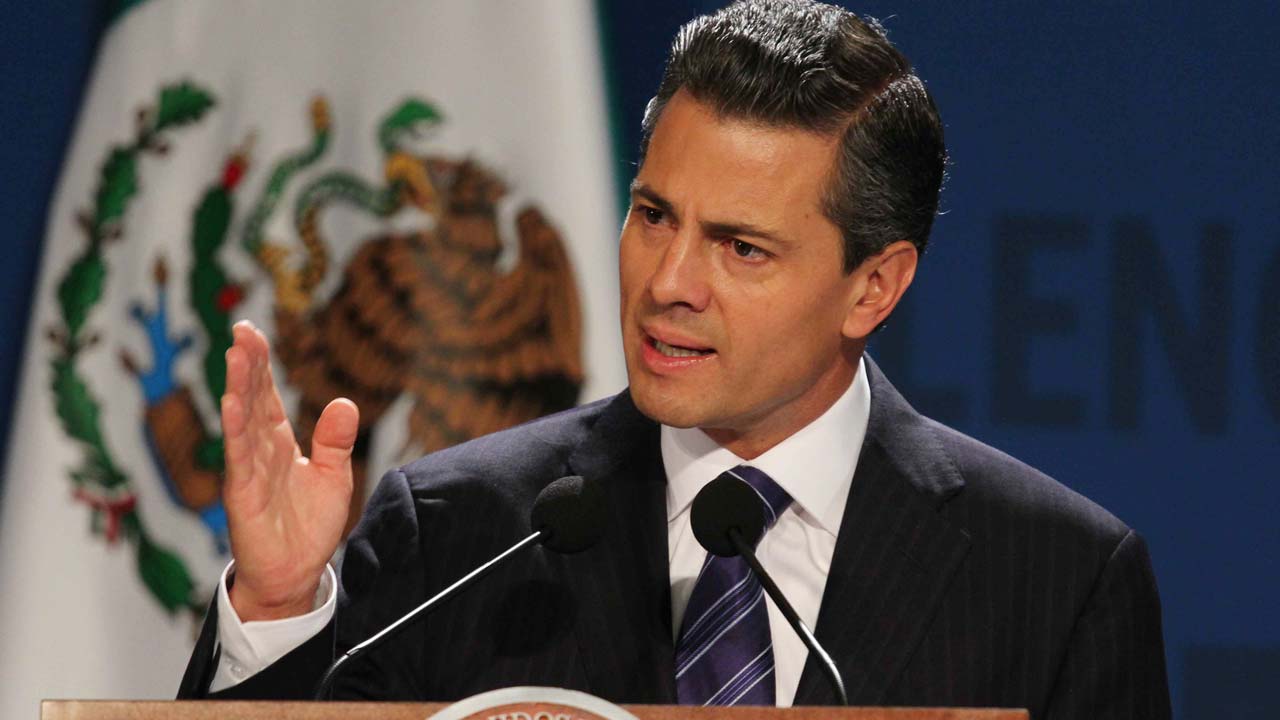
The gathering, officially the 16th Tuxtla Summit, named after the Mexican city where the first took place in 1991, will be held Wednesday in Costa Rica’s capital San Jose.
Foreign ministers of the 10-country group will hold a preparatory meeting Tuesday.
Mexican President Enrique Penas Nieto, whose country is directly impacted by Trump’s proposed border wall and renegotiation of the North American Free Trade Agreement (NAFTA), will be present at the summit.
Also attending is Colombian President Juan Manuel Santos, whose country for the past 17 years has received billions in US funds to fight drug cartels and leftwing guerrillas. While drug production is said to have increased recently in Colombia, a peace deal with FARC rebels has been struck.
The official agenda speaks of public-private partnerships to spur road transport, communications and electricity networks in the region.
But the leaders will hold a closed-door, open-agenda meeting ahead of the formal sessions, in which they likely “will talk of other topics such as migration, security and the relationship with other important partners,” Costa Rican Foreign Minister Manuel Gonzalez said in a recent news conference.
– Common position on Trump –
Some, such as Santos, for instance, have scheduled bilateral meetings with other leaders.
Carlos Murillo, a political analyst at the University of Costa Rica, said: “There are issues that cannot be tackled only locally. They need regional policies, such as the position on the Trump administration.”
He added that there was little consensus, for example, between Mexico and Central America — especially Guatemala and Honduras — over migration.
Free-trade agreements with the United States were another source of divergence. Mexico comes under NAFTA, while Central America has its own, separate CAFTA pact that does not appear to be threatened.
With Central America supplying most of the migrants now illegally crossing the Mexico-US border, two presidents — Costa Rica’s Luis Guillermo Solis and Honduras’s Juan Orlando Hernandez — this month separately traveled to Washington to meet Trump’s Homeland Security chief, John Kelly.
On his return, Solis last week hinted at concerns about deported or thwarted migrants to the US turning to relatively prosperous Costa Rica as their next option.
“There are limits” to how many migrants his country can absorb, he said, singling out problematic flows from Venezuela and the poorer Central American countries — El Salvador, Honduras and Guatemala.
Hernandez in his meeting with Kelly highlighted progress made to improve security and employment opportunities in Honduras, according to a Department of Homeland Security statement.
Those goals are part of the conditions under a $750 million US fund called the Alliance for Prosperity Plan for Central America launched under former US president Barack Obama.
– Some leaders unconfirmed –
The Tuxtla summits over the years have broadened to include all Central American countries as well as the Caribbean nation of the Dominican Republic.
The leaders who have confirmed their attendance at the San Jose summit are presidents Pena Nieto of Mexico, Santos of Colombia, Hernandez of Honduras, Solis of Costa Rica, and Juan Carlos Varela of Panama.
El Salvador will be represented by its foreign minister, Hugo Martinez. It was not yet known what representation Nicaragua and Belize would send.



